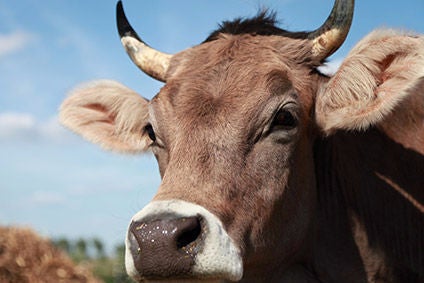
The Netherlands’ food safety authority has blocked the movement of cows from an undisclosed Dutch veal and broiler poultry farm so it can conduct tests for the presence of Amitraz, an unauthorised insecticide deemed a health risk to humans.
The investigation comes on the heels of the scandal involving the use of Fipronil, another toxic substance first identified in eggs on Dutch poultry farms and which led to recalls in countries including the UK, Belgium, Germany and France. Documents seized during a probe of poultry services company ChickenFriend revealed it had used Fipronil, as well as Amitraz.

Discover B2B Marketing That Performs
Combine business intelligence and editorial excellence to reach engaged professionals across 36 leading media platforms.
Tjitte Mastenbroek, a spokesperson at the Netherlands Food and Consumer Product Safety Authority, explained in an interview with just-food on 29 August that while Amitraz can be used as a veterinary medicinal product for cattle and pigs, its use as a pesticide is prohibited because large doses can affect the nervous system.
Five Dutch poultry farms, one cattle producer and one rearing both poultry and cattle were inspected to find out if Amitraz had been used as a pesticide, said the Utrecht-based authority, which is known as NVWA. The authority would not reveal the name and location of the farm where cattle movements have been blocked.
“The NVWA has analysed eggs [at the poultry producers] and has not found Amitraz in them,” Mastenbroeck said, adding tests on beef cattle have yet to be concluded. “This is only a precautionary measure. We want to be sure there are no residues in the meat, therefore the cattle have to be tested before they can go to the slaughterhouse.”
The Netherlands’ health minister Edith Schippers told the Dutch parliament that a new measure governing the movement of cattle has been introduced as a result of the Amitraz scare.

US Tariffs are shifting - will you react or anticipate?
Don’t let policy changes catch you off guard. Stay proactive with real-time data and expert analysis.
By GlobalData




